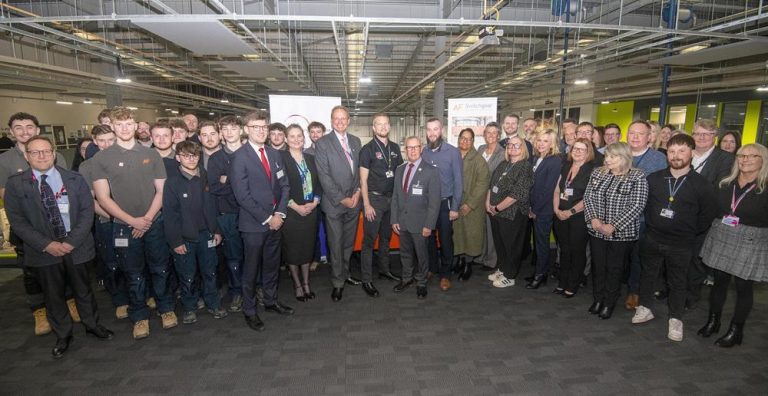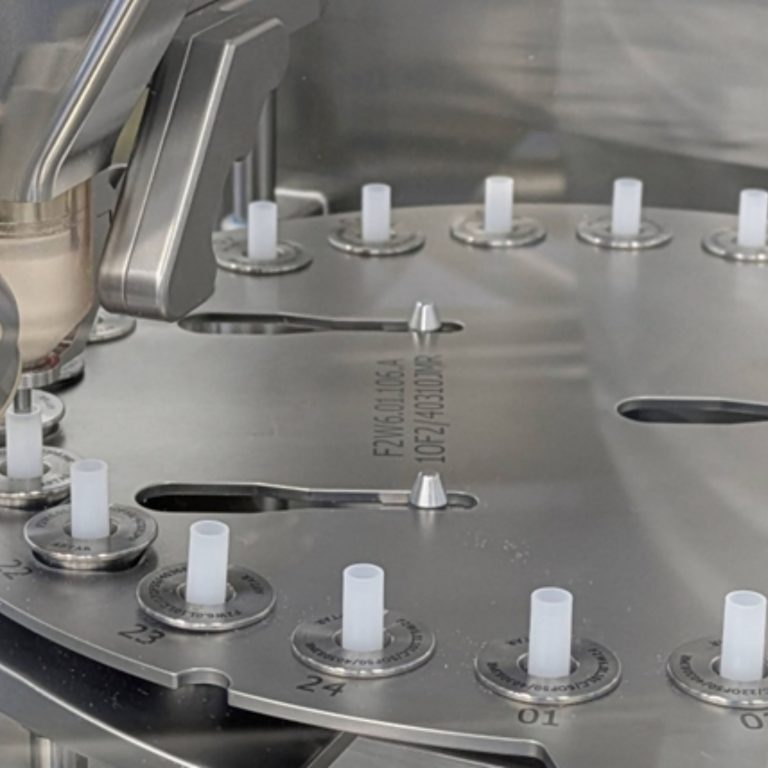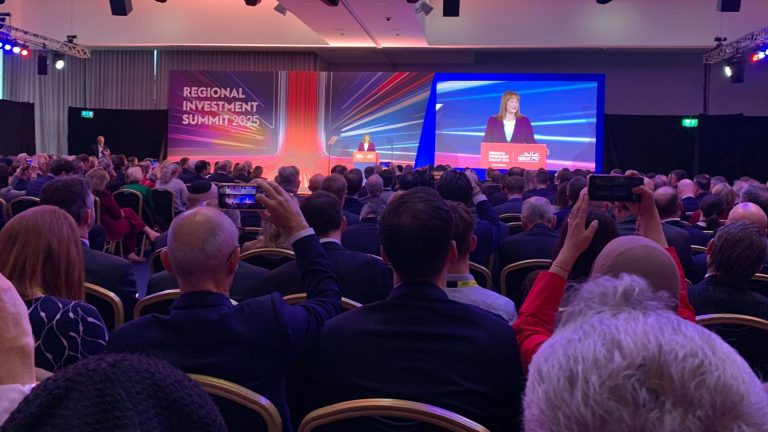West Nottinghamshire College has launched the AF Switchgear Academy in partnership with the Sutton-in-Ashfield-based manufacturer, expanding a long-running collaboration to train future electrical engineers. The initiative is designed to address industry demand for skilled workers in the design, manufacture and installation of low voltage switchgear and control panels — key components in the UK’s energy, infrastructure and manufacturing sectors.
The academy offers a five-day blended training programme combining classroom learning with hands-on experience at AF Switchgear’s headquarters and the college’s Gene Haas Centre for Advanced Manufacturing. Students are introduced to technical and theoretical aspects of switchgear production, with opportunities for apprenticeship placements following completion.
A pilot group will start training in November, with up to four cohorts expected each academic year. Students will be selected based on ability and progress, and teaching will be shared between college staff and AF Switchgear trainers.
The academy also complements AF Switchgear’s internal upskilling initiatives, including a Level 3 Award in Industrial and Panel Wiring, which was developed in collaboration with the college. The company continues to recruit apprentices annually, with many progressing into senior positions.
This new venture aligns with regional plans to strengthen local engineering capacity, supporting projects such as the Ashfield Innovation Technology Park and the Automated Distribution and Manufacturing Centre.












